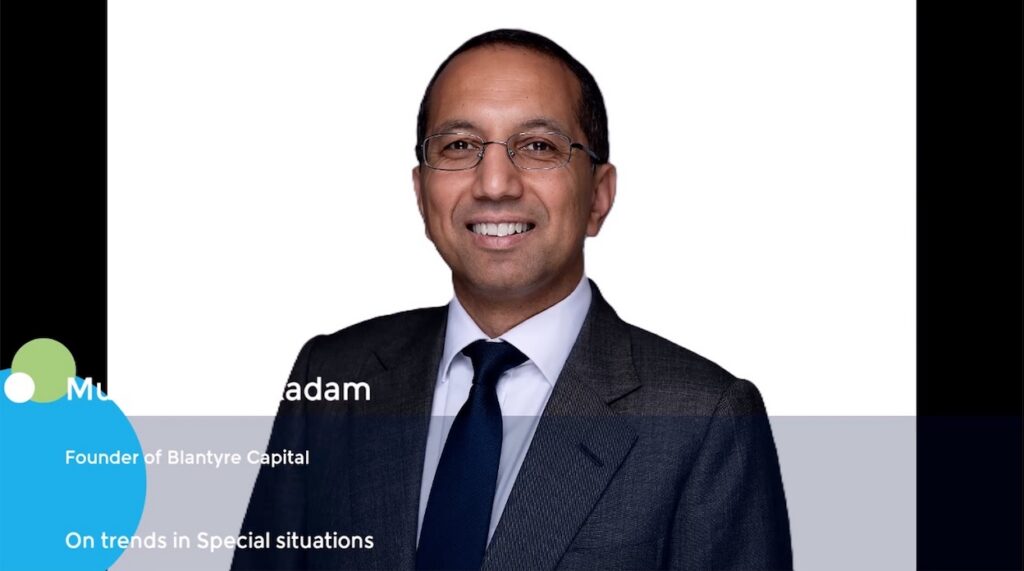Harvest Farms prospective equity and debt providers circle GBP 131m vertical farming financing round
Shareholders of UK-based vertical farming operator Harvest Farms Ltd have mandated Crowe to raise GBP 131m for the construction of a new facility in London, according to a document seen by this news service.
Currently in the early stages of outreach, Crowe has invited prospective lenders and equity providers to participate in the GBP 131m investment round to build the facility, a source familiar with the situation said.
There has been substantial interest from senior and mezzanine debt providers, the source familiar said, but the focus of Crowe’s efforts is on the equity fundraise, they added.
The investment opportunity should attract investors looking for above-average infrastructure returns on sustainable assets, the source continued.
Shareholders Chris Davies and Matt Chlebek founded Harvest Farms Ltd, which operates as Harvest London, in 2017 and currently have a controlling stake in the company.
The company has been operating a successful proof-of-concept facility for over four years, the source familiar said.
The new investment is set to finance construction of the London facility, expected to cost GBP 116m, plus an additional GBP 15m for its set-up and initial operating expenses, the document states.
Construction is due to start in April next year, with operational status expected in June 2026, according to the document.
Harvest London grows more than 100 different crops using hydroponic vertical-farming techniques, and has partnered with brands including Pizza Pilgrims and Compass Group, according to its website.
In March, Harvest London secured an investment from Foresight Group, although the sum was not disclosed.
“After several years operating at full capacity at our current site in Leyton, we are now ready to build a new facility,” Chris Davies, CEO at Harvest Farms, said.
“Following proven consistency of production, impressive yields and its excellent environmental credentials, the market now recognises scaling vertical farming as an important step in achieving a more resilient and sustainable food system.”
Crowe declined to comment.
by Amelia Weitzman










